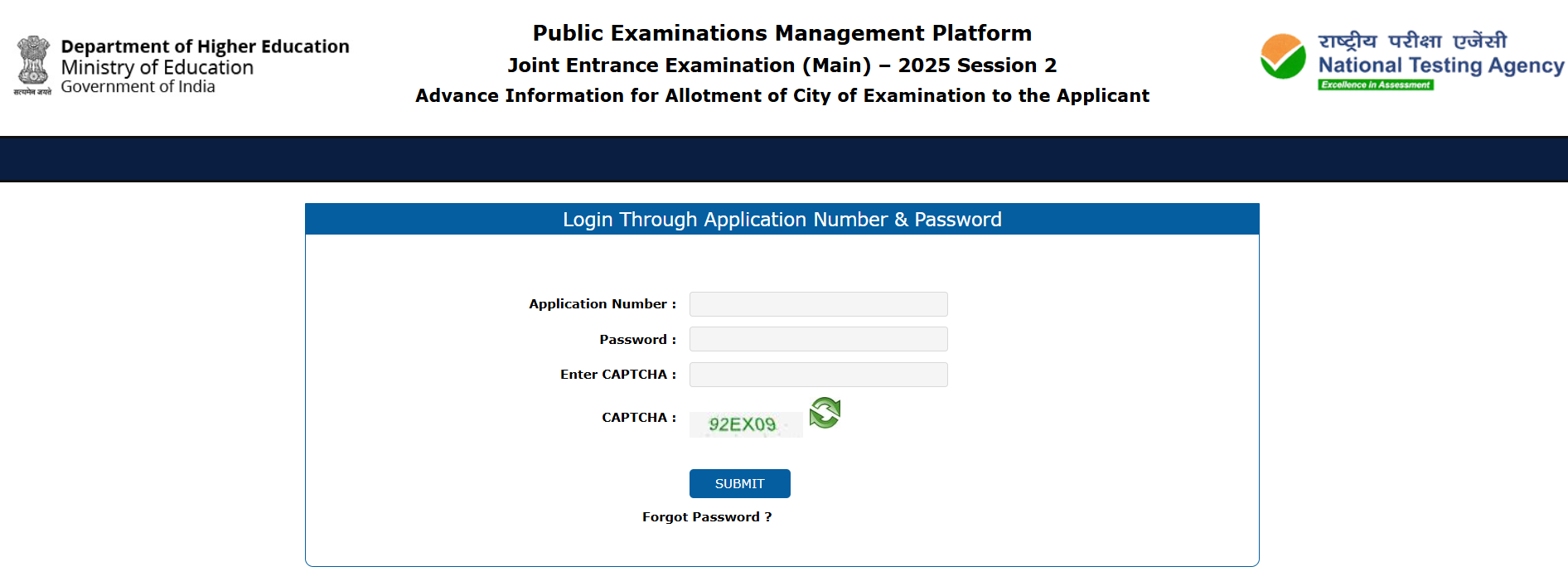Canada stands as a beacon of educational excellence, attracting students globally. If you’re aspiring to pursue a Master’s in Canada, this comprehensive guide is your roadmap to a successful application and a rewarding academic journey.
1. Understanding the Canadian Education Landscape:
- Explore Universities and Programs: Research Canadian universities, considering factors like reputation, faculty, specializations, and location. Make a list of potential programs aligning with your career goals.
- Recognize Program Requirements: Understand admission prerequisites, including academic qualifications, standardized tests, language proficiency, letters of recommendation, and statements of purpose.
2. Prepare for Standardized Tests:
- GRE/GMAT: Certain programs may require Graduate Record Examination (GRE) or Graduate Management Admission Test (GMAT) scores. Prepare diligently with official study materials and practice tests.
- IELTS/TOEFL: English proficiency is crucial. Take the International English Language Testing System (IELTS) or Test of English as a Foreign Language (TOEFL) and achieve the required scores.
3. Financial Planning:
- Tuition Fees: Understand the cost of tuition for your chosen program. Canadian universities offer a variety of fee structures.
- Living Expenses: Estimate living costs, including accommodation, food, transportation, and healthcare. Consider potential scholarships and financial aid options.
4. Drafting Your Application:
- Prepare a Stellar Statement of Purpose (SOP): Craft an SOP highlighting your academic journey, career goals, and why you’ve chosen the specific program. Showcase your uniqueness.
- Secure Strong Letters of Recommendation: Request recommendations from professors or professionals who know your capabilities well.
5. English Language Proficiency:
- IELTS/TOEFL Preparation: Practice consistently for proficiency exams. Take official practice tests, familiarize yourself with the format, and focus on areas needing improvement.
- Meeting University Requirements: Ensure your scores meet or exceed the English language proficiency requirements of your chosen university.
6. Initiating the Application Process:
- Selecting Universities: Apply to a mix of ambitious, moderate, and safe universities. Consider factors like acceptance rates and competitiveness.
- Online Application: Most universities have online application portals. Create accounts, fill in personal details, and upload required documents.
- Application Fees: Be aware of application fees and payment methods. Ensure timely payment to avoid delays.
- Submission Deadline: Adhere strictly to submission deadlines. Late applications might not be considered.
7. Understanding the Visa Process:
- Acceptance Letter: Obtain the acceptance letter from the university, a crucial document for the visa application.
- Gather Required Documents: Collect necessary documents, including proof of funds, acceptance letter, and passport.
- Online Visa Application: Initiate the online visa application process through the official Immigration, Refugees and Citizenship Canada (IRCC) website.
- Biometrics: Schedule and complete biometric data collection as part of the visa process.
- Visa Interview: Attend a visa interview if required, clearly conveying your intent to study and return after completion.
- Visa Approval: Upon approval, plan your arrival, book flights, and arrange for accommodation.
8. Preparing for Arrival:
- Orientation Programs: Many universities offer orientation programs. Attend these sessions to familiarize yourself with academic expectations and campus life.
- Health Insurance: Ensure you have comprehensive health coverage, either through the university or a private plan.
- Accommodation: Confirm your accommodation arrangements, whether on-campus or off-campus.
- Local Transportation: Research local transportation options to facilitate ease of travel within the city.
- Cultural Adaptation: Familiarize yourself with Canadian culture and norms to ease your transition.
A final note:
Embarking on a Master’s journey in Canada is a transformative experience. By meticulously following this guide, you equip yourself with the tools to navigate the complex application process successfully. The doors to academic excellence, cultural enrichment, and professional growth await you in the welcoming embrace of Canadian education. Best of luck on your educational adventure in the Great White North!




